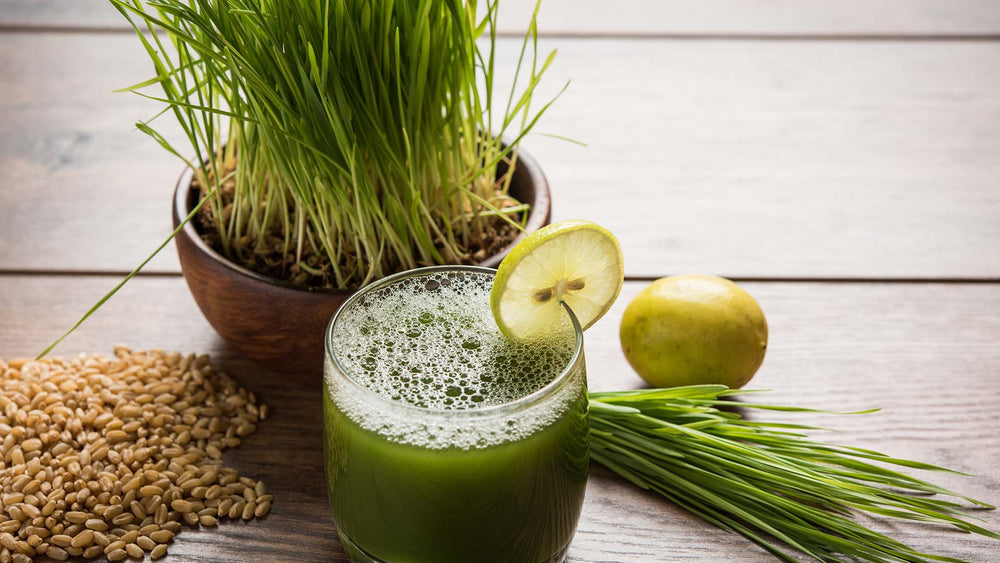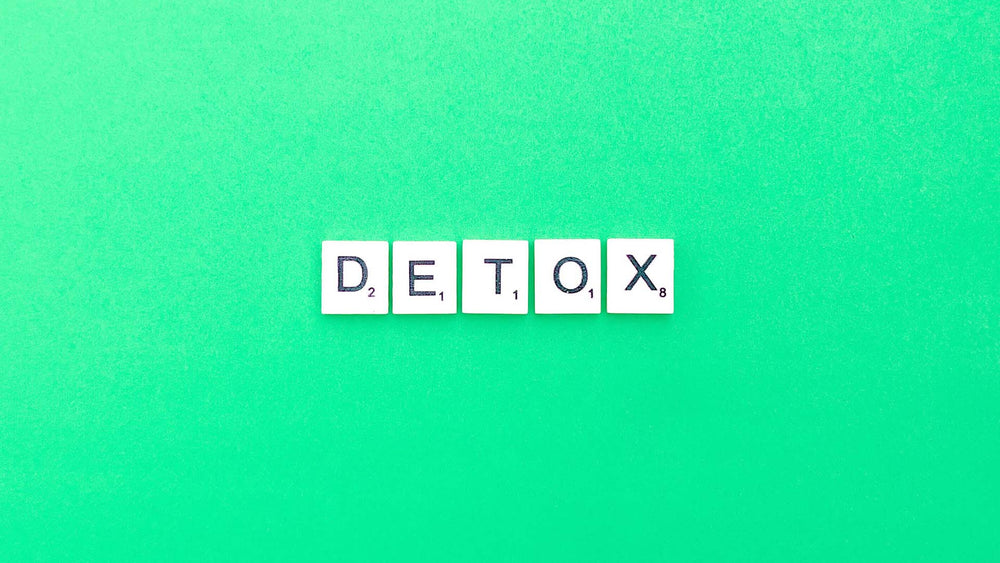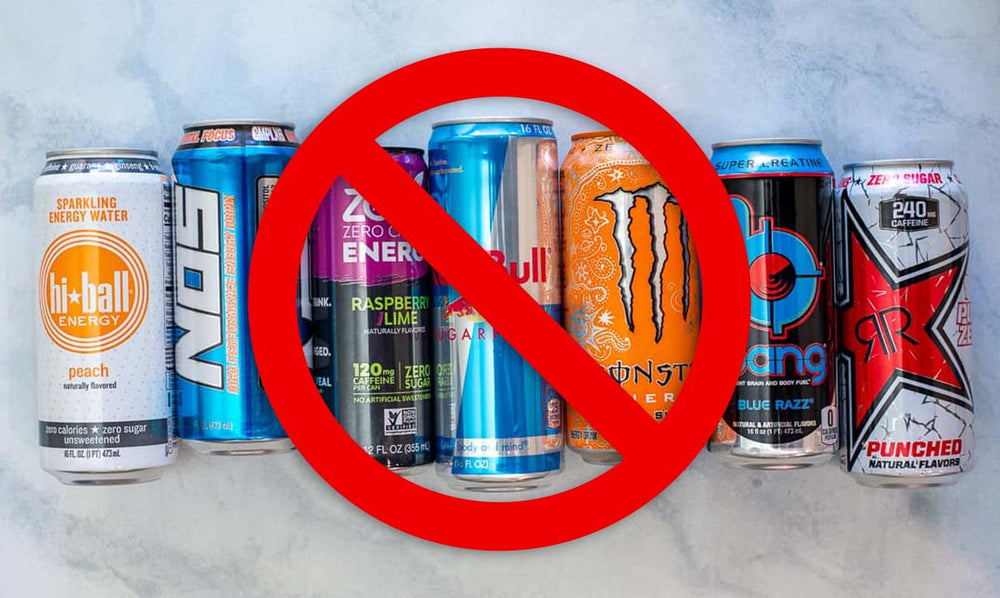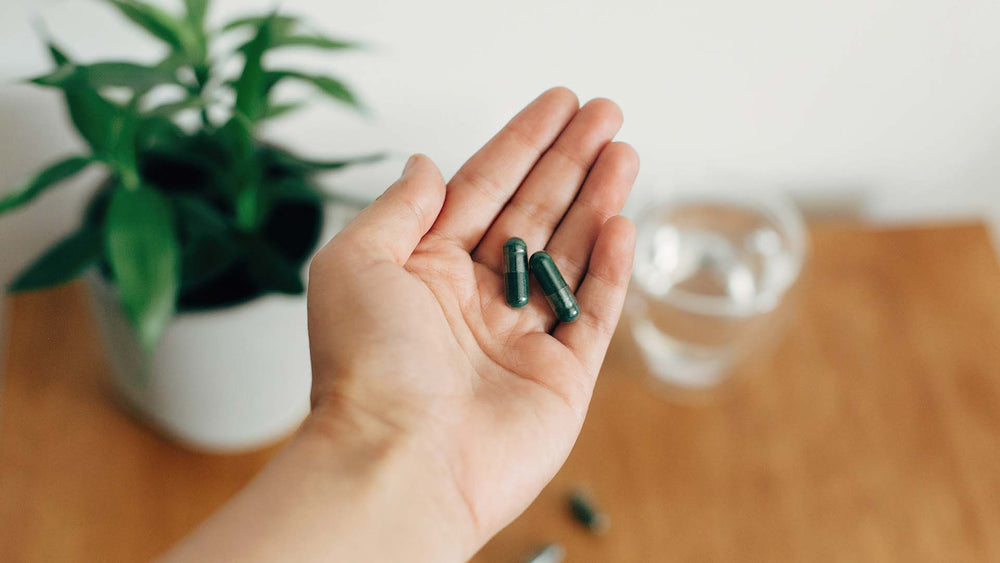Candy, cookies, soda, breakfast cereal, pastries and all the other sugar-packed foods on supermarket shelves may fool some consumers into thinking table sugar is a harmless ingredient, but research shows the opposite is true. Eating too much sugar may lead to obesity, diabetes, heart disease, impaired brain function and liver disease.
Statistics show the average American consumes 19 teaspoons of sugar a day. The American Heart Association recommends women eat 6 teaspoons of sugar a day, and men eat 9 teaspoons. It may be hard to determine exactly how much sugar you've actually eaten in a day, since ketchup, salad dressing, canned soup and some frozen foods all contain sugar for flavoring. White rice, white bread, hamburger buns and other refined carbohydrates contain sugar. Beer, hard liquor and even white wine may contain up to seven teaspoons of sugar. If you drink alcohol, you should only consume it sparingly and choose red wine (quarter teaspoon a glass), lager (no sugar) and other low-sugar alcoholic beverages.
Soda and energy drinks are the main culprits when it comes to drinkable sugar. The sugar in those convenient drinks does a lot more than pack on pounds and ruin your teeth. Excess sugar consumption may cause long-term health problems including cancer, heart disease, fatty liver disease and diabetes. Added sugar should only make up 10% of your daily calories.
When you eat carbohydrates, (bread, rice, potatoes, etc.), your body breaks it down into sugar, which you need for energy. You don't need to eat refined (table) sugar to survive.
Sugar sweetens food and adds extra calories to meals. It contains no vitamins, minerals, protein or fiber.
Get Sugar the Healthy Way – From Fruit and Honey
You'll need some sugar in your diet, and you can get it naturally from fruits. Keep blackberries, strawberries, apples and other low-sugar fruits in your kitchen for snacks and smoothies. Don't eat too many grapes or bananas in one sitting, as they contain more sugar than other fruits (23 grams a cup for grapes, 18 grams a cup for bananas).
Satisfy your sweet tooth the healthy way with these other treats:
- Dark chocolate (at least 70% cacao)
- Sorbet or sherbet,
- A baked apple
- Fresh fruit with cottage cheese
- Peanut butter on whole grain bread
- Homemade trail mix
- Fruit smoothies
Yogurt seems like a healthy choice, but most fruit-flavored yogurt contains added sugar or high fructose corn syrup, artificial flavors and thickeners like xanthan gum and carrageenan. Choose plain, organic yogurt (usually available in a large tub) and add nuts, seeds and chopped fresh fruit to make a homemade, sugar-free snack.
Artificial Sweeteners May Cause Dangerous Health Problems
The less refined sugar you consume, the better you'll feel. Don't replace sugar with sugar substitutes - Nutrasweet and other sugar substitutes are just as bad for your health. They have fewer calories and aren't as bad for your teeth, but provide no nutritional value. Aspartame and other synthetic sweeteners have been found to cause cancer in laboratory animals and interfere with insulin levels. Despite these findings, the National Cancer Institute states there's no conclusive evidence artificial sweeteners cause cancer.
Regardless of the official stance on artificial sweetener safety, it's always better to stick with natural sources to sweeten food. Use honey, maple syrup, raw cream, cinnamon, nutmeg, molasses or real vanilla powder to sweeten oatmeal or other foods.
Sugar and Dental Health
Diet and nutrition affect dental health. Too much sugar and processed food causes cavities, periodontal disease and bad breath. A diet rich in fruits, vegetables, whole grains, dairy and unsweetened tea keeps teeth cleaner and healthier. Sugar and high-fructose corn syrup offer empty calories and contribute to tooth decay and destructive bacteria in the mouth.
Sugar is Addictive and Fogs Brain Function
Eating too much sugar affects dopamine, neurotransmitters in the brain, making them less receptive. You'll need to eat even more sugar to activate these pleasure centers, causing a vicious cycle of consumption. Some researchers believe sugar is just as addictive as heroin or cocaine.
Sugar, like other comfort food, can also be a way to deal with depression, boredom or anger. Be aware of your eating habits. Do you crave sugary foods or soda when you're sad or under stress? Sugar will actually make you feel worse and cloud your thinking. Too much sugar causes brain fog by causing damaging free radicals to interfere with communication between nerve cells.
Too Much Sugar Causes Belly Fat and Obesity
A teaspoon of sugar has 16 calories. That doesn't sound like much on its own, but it can add up if you drink soda, snack on pastries, candy and cookies, and eat packaged, processed meals instead of meals made from scratch.
Sugary soda causes belly fat to accumulate. Fructose increases fat storage around organs and in your mid-section. The pudgy belly many people refer to as a beer belly could just as well be caused by too much sugar.
Metabolic Syndrome and Heart Disease
A study published by the American Journal for Clinical Nutrition showed how refined sugar and high-fructose corn syrup contribute to cardiovascular disease and hypertension. Eating too much sugar and HFCS creates a dangerous confluence of health problems called classic metabolic syndrome. It causes you to:
- Gain weight or become obese
- Develop high blood pressure
- Have a high triglyceride level
- Experience a drop in good “HDL” cholesterol
- Develop high blood sugar
If not treated, these symptoms cause diabetes, stroke, heart disease and liver disease. (A 15 year long study showed participants who consumed 25% or more of their calories from additional sugar each day doubled their chance of dying from heart disease.)
Reduce your chance of metabolic syndrome by keeping refined sugar out of your house. Stock up on fruits, vegetables, whole grains, yogurt, fish and other healthy foods. Exercise and walk more. De-stress your life through yoga, meditation and other lifestyle changes.
Excess Sugar and Fatty Liver Disease
When you eat too much sugar, it can cause liver disease.
After sugar is digested, it's broken down into glucose and fructose, two simple sugars. If we don't at foods with glucose, our body produces it. Fructose isn't produced by the body, and we don't need it to function. It can be metabolized only by the liver. Athletes, people who are physically active and folks who eat a healthy diet don't need to worry about how fructose affect their liver function.
Individuals who eat too much sugar run the risk of becoming insulin resistant. This leads to obesity and may cause diabetes. When you consume too much fructose, your liver turns it into fat. This contributes to nonalcoholic fatty liver disease. People who consume too much high fructose corn syrup are 2 to 3 times more likely to develop fatty liver disease. That's one more reason to stop drinking sugary soda.
How to Limit Sugar in Your Diet
Don't put sugar in coffee or tea – drink it plain or use honey for flavor. If you need sugar for baking or other recipes, keep a limited amount in your cabinets, so you won't be tempted to pile spoonfuls of sugar in your coffee. When you go to Starbucks or another coffee shop, learn to drink your java without sweetener or use one packet or one teaspoon of sugar. You'll save calories and feel better at the end of the day.
Get out of the soda habit by drinking more water, either plain or flavored with slice lemons, limes, oranges or chopped mint. Green tea, soy milk and tomato juice are other low-cal choices you may have overlooked.
Avoid processed foods and most frozen foods. Always read ingredient labels before buying anything from the freezer section of the supermarket, and avoid anything containing high fructose corn syrup or added sugars. Learn to cook simple dishes using vegetables, fish and lean meat, and make smoothies with yogurt, milk and fruit instead of buying soda. You'll lose weight, feel better and live longer. What foods should you buy to increase your lifespan? Select foods from the Mediterranean Diet traditionally enjoyed by people living in Crete, Greece and other countries bordering the Mediterranean Sea.
Even if you eat fresh foods and cut down on sugar, taking high-value supplements will make you feel more vibrant and energetic. REVV Natural Energy Supplement from Wheatgrass Love will help boost your energy whenever and wherever you need it without overloading on sugar.
















